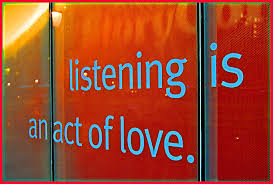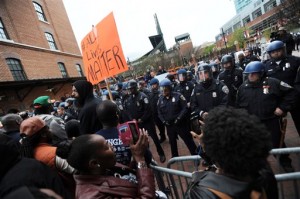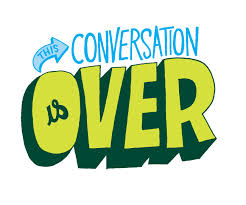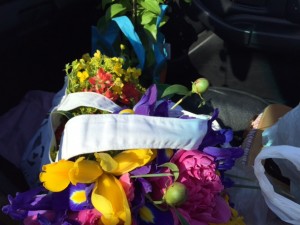
Yesterday I spent far more time than I’m comfortable confessing on the FB wall of a colleague (& friend). It was a discussion (as many are these days) about Baltimore. My friend had posted a piece by a young woman (African American) who blamed the rioters for their behaviours, and said (basically) that whites who tried to explain the ‘whys’ behind the riots were racist, expecting less from blacks than they would from whites.
I disagree.
So we began a discussion first of terms: the differences between ‘racism’ & ‘prejudice’ and ‘discrimination’ and ‘bigotry.’ There are academically-agreed-upon definitions for these terms, but the ivory tower isn’t always where folks receive their definitions. As became evident in the discussion.
Another of my friend’s friends chimed in, disagreeing with two of us who noted that we hold w/ the definition of racism as a systematic oppression according to race, laws & the enforcement of laws that profile, and otherwise single out people of colour for more negative treatment. Hence the Ferguson ticketing of blacks in the neighbourhood to raise money, but also to keep people ‘in line’: the system conspires against the blacks in the city.
I tried hard to be respectful of an opinion that is not one I share: my friend’s friend said, basically, that the community should pull itself up and out of economic instability and get it together. That’s not an exaggeration; he blamed the people of Baltimore (& white liberals) for the riots.

I don’t hold w/ riots, as I noted. Nor do I believe, however, that blaming the people of a city riven by race, police violence (100 successful prosecutions for police abuses in the past four years), and failing economics is helpful. When a police department routinely lumps a pregnant woman, a church deacon, a 15-year-old bicyclist, and an 89-year-old grandmother in w/ ‘villains’ — beating them, giving them ‘rough rides,’ arresting them for no reason — there’s something terribly wrong w/ the department.
But as the article in the April 22nd Atlantic Monthly notes, no one paid any attention until the riots. There were 10,000 peaceful Baltimore demonstrators who made no headlines in my town, at least. And not much space on the Web, either. Riots? A handful of people who’ve been brutalised with impunity act out and the news is full of it.
I had to leave the ‘conversation’ on my friend’s FB wall, after his other friend called me names and impugned my credibility when I disagreed with him over Ferguson. There was no conversation; I was mistaken. It was the usual attempt to ‘convert’ me to another way of thinking.
And that’s the problem these days. I am always willing to find evidence to back up my claims — and I was willing to listen to his claims. But since at least a few of his assertions weren’t based in fact (pretty easily demonstrated by a quick check of sources), he became very defensive.

I get it: I don’t like it when I believe something someone says and it turns out false, either. But I’m not going to lash out at the messenger. Listening is, as the saying goes, an act of love. An act of compassion & respect. Which apparently he didn’t get. But you know what? It’s not my fault he didn’t check out his sources. It’s not my fault that the world is more complicated than either of us would like it to be. And when I say I understand the anger in Baltimore, I also am careful to say I do NOT condone (and certainly don’t approve of) riots. But I also think that a man’s life is worth more than property. And that a police department in such egregious defiance of fair treatment for all should be held accountable. Not just the rioters who are reacting to decades of being ignored.
Which is why I withdrew from the FB thread — he wasn’t listening, because I wasn’t changing my tune. He believed the rioters have no cause to riot, and that Michael Brown deserved to die. Just a thug, he said. As if to be called some dismissive name means a mother’s son, a father, deserves no justice, no fair interrogation of his death.
I almost certainly will never agree w/ my friend’s friend. Because what engaged Buddhists do is fight for those who often don’t have access to audiences, even when the fight is problematic. We fight even when the voiceless take to the streets in frustrated violence. Like they are in Baltimore, after decades of going unheard. Like the Irish did in New York, fighting racist prejudice. Like the Freedom Riders did in the South under MLK. Like all people have had to do make progress against apathy & hatred.
So listen: I’m not going to sit here and let anyone pretend we’re engaged in a true conversation when you aren’t even listening. The stakes are far too high.

